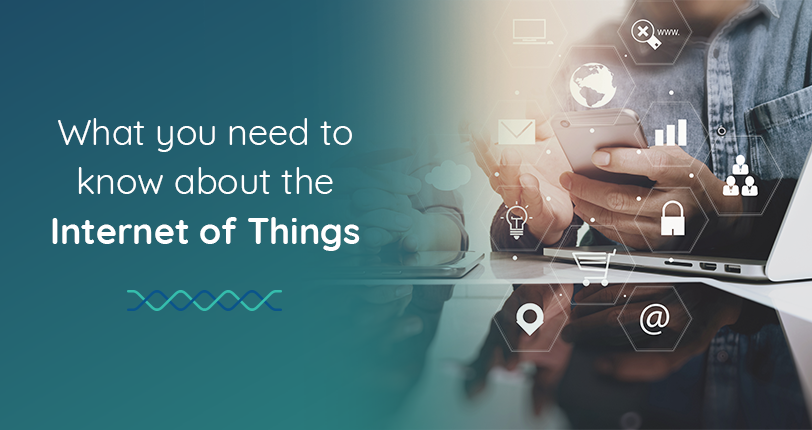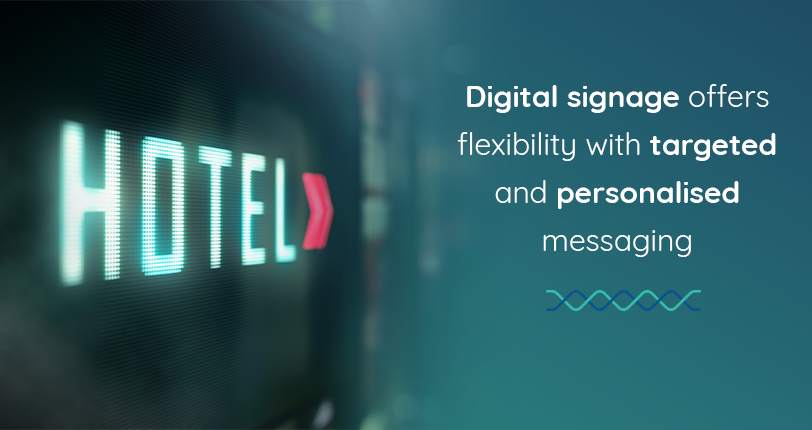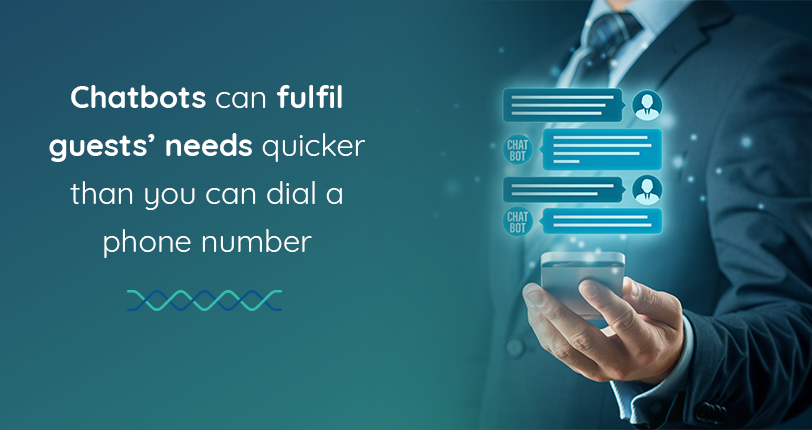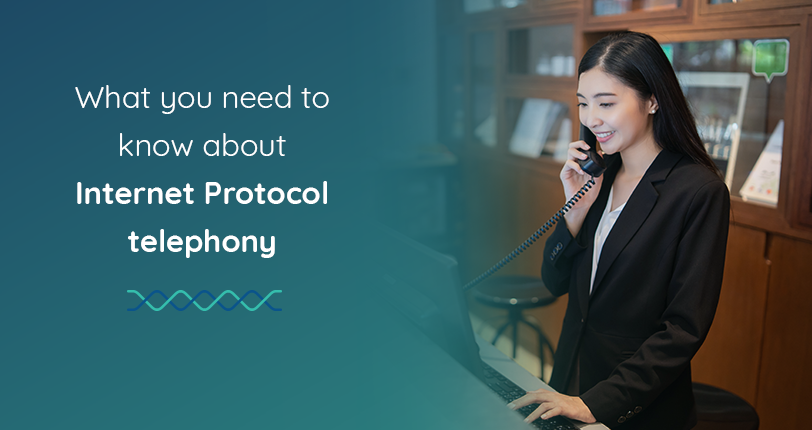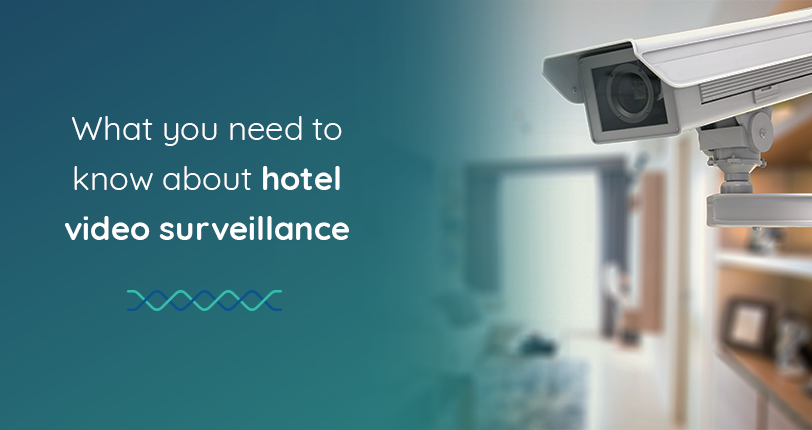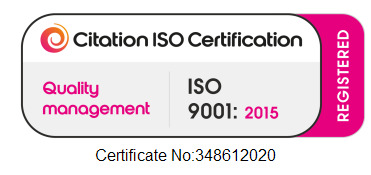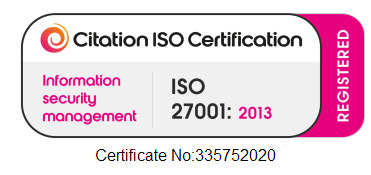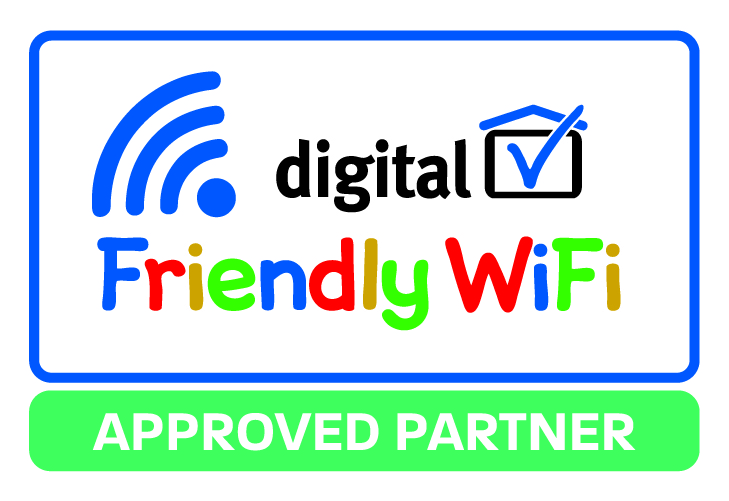The Internet of Things enable hotels to provide smart, personalised experiences for guests while optimising processes, lowering costs and raising productivity. Contrary to popular belief, it does not just power the smart room. It is fast becoming ubiquitous across the hotel estate and depends on a reliable unified network to deliver.
What is the Internet of Things?
The IoT includes embedded sensors, wearable devices and many other everyday items that communicate using a low-powered short-range frequency, all monitored and controlled remotely. Having these connections optimised through a unified network increases efficiency by streamlining tasks such as usage and asset tracking and building maintenance.
For example, simply tracking the usage of food trays can increase efficiency. Instead of having them pile up along the corridors, by combining a unified network with a tracking system, staff will be notified to ensure faster pick up. Here are some of the other innovative ways the hotelier can increase efficiency with the IoT:
Asset tracking
Theft prevention – Edgfinity for example will notify security before an asset exits the building. The same asset tag can be used by Meeting Services to locate projectors, laptops, carts, and other equipment . Kontakt.io uses BLE (Bluetooth Low Energy) beacons and tags with Ruckus access points to offer low cost, low power, long-range and a wide mobile ecosystem within a hotel’sunified network.
Linen tracking – the second largest cost to a hotel is linen management taking 1200 hours per month on average . Where hotels own their own textiles and outsource the washing to industrial laundries, they can install an RFID (Radio Frequency Identification) tag reader to count the goods coming and going. Datamars UHF cabinets take just 3.5 seconds on average to read a trolley containing 1,000 items. In theory, a laundry utilising the UHF cabinets at full capacity, will gain an entire hour per shift, making it more efficient. Their new ‘in motion’ tag readers will be able to scan a moving trolley or a stack of laundry. These RFID tags can also reduce guest towel theft too.
Staff protection – Keeping hotel staff and guests safe is a top priority. Kontakt.io has created a panic button, based on BLE connectivity, that can be assigned to staff members or guests to use in an emergency. Management can locate staff in real-time so emergency personnel can respond more quickly. With real-time location sent to a central monitoring dashboard, this information can also help building managers restrict access to unsafe areas, with an easy-to-deploy network of stationary and mobile alarms.
Usage tracking
Bed usage – Sensors help Elite Beds lease their luxury mattresses to hotels on a per-use basis. Pressure and motion sensors detect the occupancy of the bed and charge the hotel accordingly.
Guest experience – Dirty trays left in corridors is a common problem that can be alleviated by solutions such as TraknProtect that tracks how long trays are sitting in hallways and provides data to ensure faster pick-up times.
Safety – Cybra’s IoT system enables staff to act in an emergency by using three customized call buttons on their badges. Press one button to call security and another to report a maintenance issue. Another solution is a panic button developed jointly by Ruckus with TraknProtect that provides real-time notifications when a user triggers for help and lets managers know the precise room location.
Wearables
“Shaving time off guest requests. No more noisy staff walkie talkies. Information being gleaned with a quick glance”. These, say Samsung, are just some of the benefits of wearable tech for IDC projects that smartwatch deployment will be the fastest growth in wearable tech with a growth rate of 34% over five years to 2021.
Building maintenance
Avoiding spoiled food with sensors – Sensors in a hotel’s fridge – containing high- value stock – can alert managers to damaging temperature increases. Gates, fire doors, safes and cash registers can also issue alerts when opened.
Room temperature – Hotels can adjust room temperatures at check-in and check-out to save on costs or use occupancy sensors to automate the air conditioning and heating. Air conditioning can turn off when a window is opened. Blinds can activate when the afternoon sun hits the window pane. Mobile apps linked to an energy management system could allow guests to set their preferred temperature for the room prior to arrival. The possibilities are endless.
How can IoT be integrated with the unified network?
There are several different connectivity channels for machines to talk to each other through. The optimum one depends on the distance and purpose of the communication.
Some only require short range communication – literally centimetres – but they need a comprehensive unified network to ‘join all the dots’ and relay the data to dashboards and mobile applications.
NFC – near field communications is the most common with a range of about one foot. It is often found in smartphones for making ‘contactless’ payments.
RFID – radio-frequency identification is another which is often used with indoor locks.
Benefits of integrating IoT with a unified WiFi network
IoT not only enables hotels to provide smart, personalised experiences for guests, but optimises processes, lowers costs and creates efficiencies and higher productivity. IoT systems can contain thousands of sensors and endpoints, any one of which can become faulty. There is also a real risk of disruption from cybercrime.
It is therefore vital to manage an IoT system on a secure unified network which can have ‘virtual containers’ to isolate them from the rest of the network.
Are you looking to upgrade your current systems? At Vital WiFi, we understand that times are tough for the industry at the moment. We’re offering free installation to any hoteliers impacted by the Coronavirus crisis, with a monthly fee from as little as £4 per month per guest bedroom*. What’s more, you won’t pay a penny for the first three months.
Contact us to arrange your free installation or head over to our Case Studies to see more of what we do at Vital WiFi.
T&C's apply.
